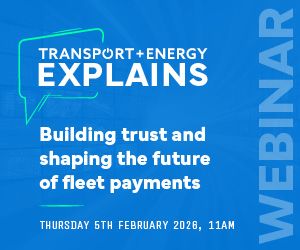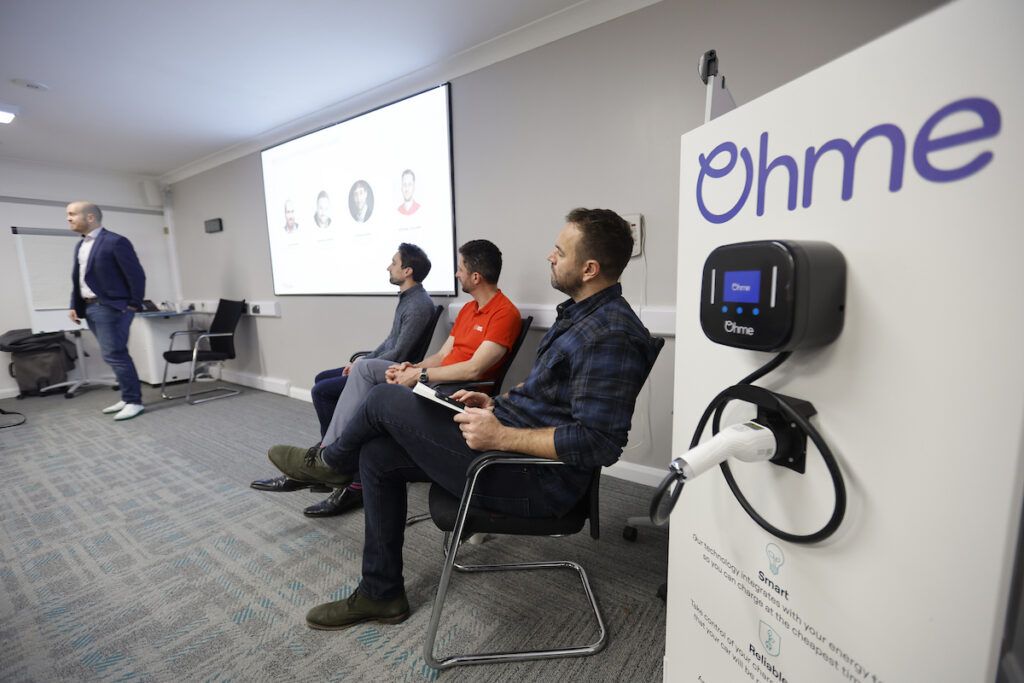‘Godfather of EVs’ Andy Palmer explains how the levy on electric vehicles through a ‘pay per mile’ taxation could risk putting the transition at risk.
Rachel Reeves is reportedly eyeing a pay-per-mile levy on electric cars. It might raise revenue for the exchequer, it will certainly raise eyebrows amongst motorists. Ministers have spent a lot of the last 12 months saying they want more people to choose EVs. Adding a new charge on the very technology we are trying to scale looks counterproductive at the precise moment the market and consumers need clarity and momentum. There’s no doubt the UK must replace falling fuel duty, I do not deny that. But this proposal adds friction to the EV transition just when it is most fragile.
Fuel duty has been frozen for over a decade, despite ever decreasing amounts of motorists being eligible to pay it. The Office for Budget Responsibility estimates it still brings in well over £20 billion a year, yet its real value is eroding and receipts will keep sliding as vehicles become cleaner. If the Treasury needs revenue, the logical first step is to raise fuel duty by a modest, predictable amount, rather than invent a parallel tax for the cleanest vehicles on the road. Put frankly, piling new costs on EV owners while keeping fossil fuel duty suppressed sends the wrong price signal. It rewards yesterday’s technology and penalises tomorrow’s. Where’s the logic in that?
We can look abroad for early lessons about what happens with pay-per-mile taxes. New Zealand introduced road user charges for EVs in 2024 at the same time as it scrapped the clean car discount. Registrations of battery electric cars then fell sharply on a year-earlier basis. Iceland brought in a per-kilometre levy at the start of 2024, then moved to extend distance charging to all vehicles this year. Local market data and commentary point to a pronounced drop in EV sales following these changes. Policymakers should not be surprised. When you remove carrots and add sticks, guess what? Adoption slows.
If you want citizens to switch, do not make the clean choice feel like a trap. Make it predictable, cheaper to run and easy to understand.
There is also a fairness point that goes beyond spreadsheets. On petrol or diesel I buy fuel, I pay a tax at the pump, I fund the roads each time I fill up. On electricity it is different. Many households will charge at home, some will generate a share of that energy from rooftop solar, often paid for out of their own capital. Taxing every mile they drive, irrespective of whether they pulled that energy from their own panels or a rapid charger, feels fundamentally wrong to many drivers. It blurs the line between taxing consumption and taxing movement. If we want people to invest in home energy and grid resilience, we should not design a system that treats their clean, self-generated electricity exactly like fossil fuel.
There are better options for the Chancellor to consider ahead of her Budget. First, phase in a measured rise in fuel duty that reflects inflation, then signal a multi-year path so households and fleets can plan. Second, bring EVs fully into Vehicle Excise Duty in a simple way, which is already under way – and, at all costs, avoid telematics-style systems that create privacy fears and administrative overhead. Third, keep the total cost of ownership advantage for EVs intact. If you want uptake, the clean option must remain unambiguously cheaper to run over the life of the vehicle. Otherwise, who are going to purchase EVs other than the particularly eco-conscious?
Above all, avoid policies that send mixed messages. Britain has had too much of that around EVs in recent years. A chance to lead in battery manufacturing, software-defined vehicles, and the infrastructure that goes with them is within Britain’s grasp, but only if the government contributes to creating the right market conditions. The market needs stability. A pay-per-mile charge aimed at EVs will raise a bit of cash, but it will also slow orders and unsettle investors. The Chancellor risks pushing our industrial opportunity offshore. Raise fuel duty if you must, but do not hobble the very transition you say you want to accelerate.
Dr Andy Palmer CMG is a chartered engineer and automotive executive. Having served in leadership positions at both Nissan and Aston Martin, Andy has led transformational change at two of the world’s most recognisable businesses in the industry. Today, Palmer is the CEO and Founder of Palmer Energy and serves on the boards of a number of high-innovation businesses in the net zero space.
The comment follows Palmer discussing the issue of the transition to electric vehicles with chief of EVA England Vicky Edmonds at the Transport + Energy Forum 2025. You can read about their discussion here.











